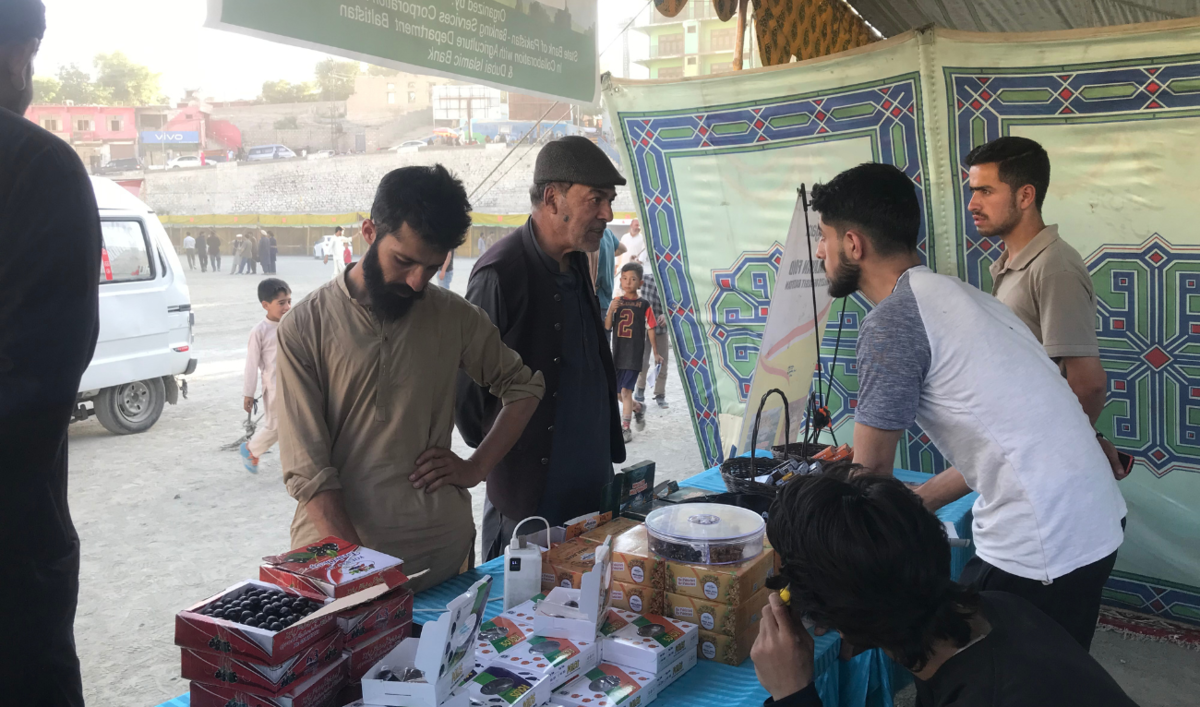KARACHI: Young engineers from Karachi say their award-winning invention will help cut Pakistan's carbon footprint and reduce electricity consumption in homes by up to 20 percent.
Patented as Intellica-Three-Phase Load Balancer, the device was one of nine winners of the 2020 Asia-Pacific Low Carbon Lifestyles Challenge organized by the United Nations Environment Program in May. It is developed by ENENT, a startup founded by a team of recent electrical engineering graduates from National University of Sciences and Technology (NUST) in Karachi.
"There is a huge gap between supply and demand (in Pakistan), we believe that this load-balancing technology can play its part in making this band narrow, as up to 18 to 20 percent line losses can be reduced if we balance the load among the three phases in real time and that is what Intellica is doing," Osama bin Shakeel, chief executive of ENENT, told Arab News on Friday.
According to Pakistan's Economic Survey 2019-20, installed electricity generation capacity reached 37,402 MW in 2020, while the country's total demand is 25,000 MW. Huge losses in transmission result in massive power outages, which are notorious in the megacity and commercial hub of Karachi. Intellica is expected to partly help address the problem.
Shakeel's estimates suggest that by installing Intellica at 1,000 homes, 18,000 ton of carbon dioxide less would be emitted and $500,000 would be saved in electricity bills every year.
"The saved energy can be used to power additional 200 homes," he said, adding that the cost of the device and its installation is $350. The cost pays off after seven-eight months of use.

Intellica-Three-Phase Load Balancer is developed by a startup founded by a team of recent electrical engineering graduates from National University of Sciences and Technology (NUST) in Karachi.by ENENT. (Photo courtesy: ENENT)
While the device has already undergone a 3,000-hour reliability test and ENENT is looking for funds to start mass production, energy experts say that although the concept is good, still more laboratory tests are needed before it enters the market.
"I principally agree that with load balancing less current goes into the meter and the losses decease whereas the life of products also enhances due to the flow of sustained load," Asad Mahmood, energy efficiency and renewable energy expert in Islamabad, told Arab News.
"Conceptually, the product is good," he said, but besides more tests also before-and-after analysis is needed.
Another expert Hira Wajahat, who is Pakistan's national lead of ClimateLaunchpad and has analyzed the device, says that Intellica initial test shows that it will help households save money and have a positive impact on the environment.
“In the lab test, the device has done wonderfully and now they are in second phase where external labs and certification bodies are testing it so the claim will definitely be verified,” she said.


















